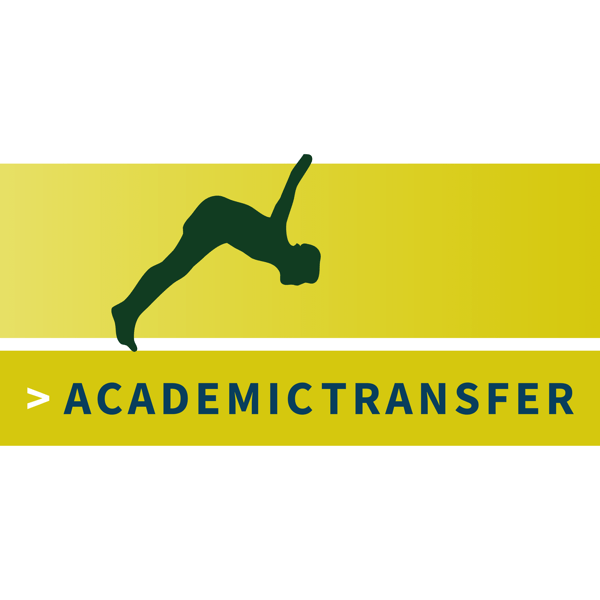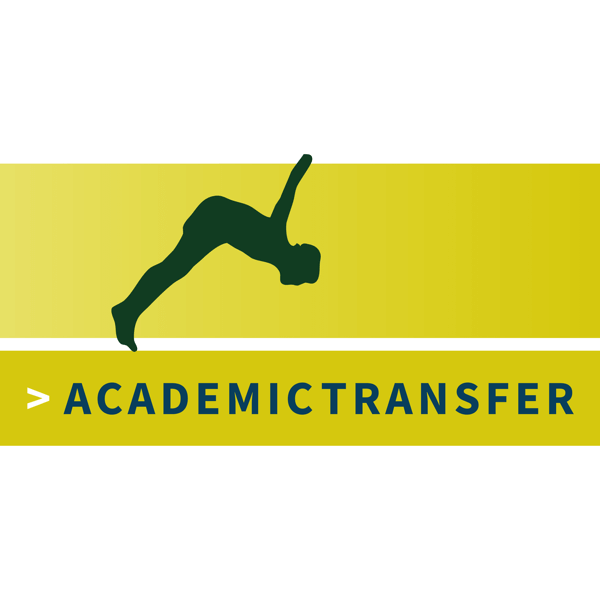
PhD Talk for AcademicTransfer: Lessons learned from failed grant applications
This post is part of the series PhD Talk for AcademicTransfer: posts written for the Dutch academic career network AcademicTransfer, your go-to resource for all research positions in the Netherlands.
These posts are sponsored by AcademicTransfer, and tailored to those of you interested in pursuing a research position in the Netherlands.
If these posts raise your interest in working as a researcher in the Netherlands, even better – and feel free to fire away any questions you might have on this topic!
As I am currently finalizing my main research projects of the past years, I am in full swing of writing grant proposals and obtaining new funding. With writing grant proposals come successes and also bitter failures, including the sad failure of an internal grant that I really thought I was going to get, easily.
Based on my failed applications throughout the years, here are some of the main lessons I have learned:
- Make sure you address all aspects of the call: When a call is specific, it is specific for a reason. And that reason is that your proposal should address all the aspects of the call. So, make sure you read the call very well, and use it as a checklist to complete in your proposal.
- Write the proposal to align with the call, not with what looks fun for you: Here, it depends on the type of call you are writing for. If you are writing a proposal for an open call, you have more freedom in proposing the project you want to work on. If you are writing for a specific call, you need to develop a proposal that addresses the call. Don’t try to fit a square peg into a round hole by forcing something you think would be fun to do into a certain call.
- Detail your budget very well: Start developing your budget early. Align your budget together with the different tasks that need to be done. If there is a cap on the budget, you need to make sure everyone’s tasks can fit the budget. If you have long internal procedures for budget approval, start on time and follow up regularly. Depending on the type of budget, you may need to have all purchases thought through and detailed, or you may be applying for a lump sum based on estimates.
- Negotiate your budget well: If your budget is negotiated directly with the funder, it may be tempting to fulfill all their requests and keep bringing your budget down, just because you want to get the project so bad. But running out of budget on a project, and then having to disappoint the funder, is not fun at all. So, negotiate well, and make sure you get the budget you need to do your work properly.
- Properly align scope of the work with the budget: If you are applying in a consortium, I suggest that you think about the division of the budget together with the division of tasks and person months from the very beginning. If you come to the realization towards the end of writing the proposal that there is no way you can fit the tasks with the budget, and you need to start reshuffling your proposal and task descriptions, that can be very stressful and lead to sloppy last-minute work.
- Try to get some preliminary data: If you are applying for research to develop a new idea or technology, some preliminary data that supports that your idea is feasible can be very helpful to convince the funding body that your work has a future.
- Make the methodology as specific as possible: Think through how you will do things very well. What will be the steps, the work packages, the methods, the expected outcomes, and the overall flow of the work? Lean on the literature where possible, show that your methodology is feasible, and that it can be done within the budget.
- Do not ignore the non-scientific parts: Some calls require also impact sections that require a market analysis and evaluation of impact on society. For us as scientists, these parts are hard to write, and we may feel like putting these off. Don’t put it off, get as much information as you can, and develop the skill of writing these non-scientific sections.
- Get all the help and support you need: Check in your university which offices can help you, as well as outside. If you are, for example, applying for European funding, you can also lean on your National Contact Point for a review and to get their input.
- Start on time: Proposals take time to write. Good proposals take a lot of time to write, edit, rewrite, and improve. Start on time and avoid rushing the writing, and get as many reviews pre-submission as you can.
- Build a solid consortium: Building a consortium is not just a matter of getting some friends together to do a project. You need to think through your skills, and find people who complement rather than mirror your skills. And, leading a consortium is a whole other beast than forming part of one.
- Pay very close attention to formatting guidelines: Margin sizes? Maximum font in the tables? There are often very specific formatting guidelines that you need to abide by, and it would be very sad to get the proposal you worked on arduously for months rejected because of a tiny mishap in the formatting. So check and doublecheck all the formatting guidelines to avoid this source of rejection
What have you learned from failed grant applications?

